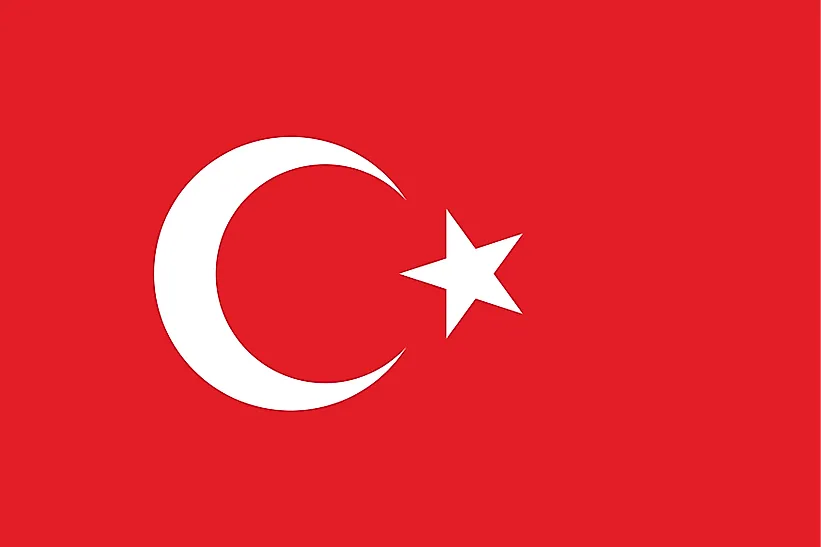
Turkey
| Continent | Asia |
| Capital | Ankara |
| Population | 80,274,604 |
| GDP | $1.70 Trillion |
| GDP per Capita | $21,100 |
| Dialing Code | +90 |
| ISO Code (2-letter) | TR |
| ISO Code (3-letter) | TUR |
Turkey Landscapes






About Turkey
Welcome to Turkey, a nation of extraordinary cultural richness and geographic diversity. With approximately 84 million people across 783,562 square kilometers, Turkey combines ancient civilizations with modern dynamism, standing as a unique bridge between Europe and Asia.
Geographic Features and Natural Beauty
Turkey’s geography encompasses diverse landscapes across two continents. The country features the Anatolian plateau, dramatic coastlines along four seas (Black Sea, Mediterranean, Aegean, and Marmara), and the iconic Bosphorus Strait.
The landscape includes mountains like Mount Ararat, the unique “fairy chimneys” of Cappadocia, and thermal springs of Pamukkale. The country’s varied terrain creates diverse ecosystems supporting rich biodiversity.
Protected areas include numerous national parks and UNESCO World Heritage sites. The country’s commitment to conservation focuses on preserving its natural heritage while managing sustainable development.
Cultural Heritage and Traditions
Turkish culture represents a sophisticated fusion of Central Asian, Middle Eastern, and European influences. The country’s heritage includes remarkable architectural achievements like Hagia Sophia, distinctive arts including carpet weaving, and rich culinary traditions.
Traditional arts include ebru (marbling), ceramics, and traditional music. Cultural practices feature Turkish hammams, coffee culture, and the tradition of hospitality.
Turkish cuisine, celebrated globally, features dishes like kebab, meze, and Turkish delight. The tradition of tea gardens and bazaars remains central to social life.
Historical Journey
Turkey’s history spans from ancient civilizations through the Ottoman Empire to modern republic. The country was home to numerous civilizations including Hittites, Greeks, Romans, and Byzantines.
Significant periods include the Byzantine Empire, the rise and fall of the Ottoman Empire, and the establishment of the modern republic under Mustafa Kemal Atatürk in 1923. The country’s strategic position has shaped world history.
Modern Economic Landscape
Today’s Turkish economy focuses on industry, services, and tourism. The country has developed significant manufacturing capacity and a diverse economic base.
Recent initiatives emphasize technological innovation, infrastructure development, and energy hub aspirations. Turkey’s young workforce and strategic location support its economic potential.
International Relations and Global Position
Turkey maintains significant influence through its strategic location and economic power. The country’s position between Europe and Asia extends its diplomatic and economic reach.
Did You Know?
• Istanbul is the only city in the world located on two continents?
• The first known human settlement, Göbekli Tepe, is located in Turkey?
• Santa Claus (St. Nicholas) was born in ancient Turkey?
• The tulip originated in Turkey before becoming famous in the Netherlands?
Conclusion
Turkey represents a unique combination of historical depth and modern ambition. From its ancient ruins to its modern cities, from its traditional crafts to its industrial achievements, Turkey continues to evolve while preserving its cultural heritage. As it addresses challenges including regional development and environmental protection, Turkey remains committed to progress while maintaining its position as a crucial bridge between East and West.